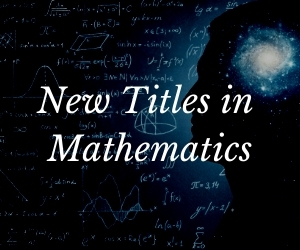The importance of equational axioms emerged initially with the axiomatic approach to Boolean algebras, groups, and rings, and later in lattices. This unique research monograph systematically presents minimal equational axiom-systems for various lattice-related algebras, regardless of whether they are given in terms of “join and meet” or other types of operations such as ternary operations. Each of the axiom-systems is coded in a handy way so that it is easy to follow the natural connection among the various axioms and to understand how to combine them to form new axiom systems.
A new topic in this book is the characterization of Boolean algebras within the class of all uniquely complemented lattices. Here, the celebrated problem of E V Huntington is addressed, which — according to G Gratzer, a leading expert in modern lattice theory — is one of the two problems that shaped a century of research in lattice theory. Among other things, it is shown that there are infinitely many non-modular lattice identities that force a uniquely complemented lattice to be Boolean, thus providing several new axiom systems for Boolean algebras within the class of all uniquely complemented lattices. Finally, a few related lines of research are sketched, in the form of appendices, including one by Dr Willian McCune of the University of New Mexico, on applications of modern theorem-proving to the equational theory of lattices.
Sample Chapter(s)
Introduction (87 KB)
Chapter 1: Semilattices and Lattices (299 KB)
Contents:
- Semilattices and Lattices
- Modular Lattices
- Distributive Lattices
- Boolean Algebras
- Further Topics and Open Problems
- Appendices:
- Some Prover9 Proofs
- Partially Ordered Sets and Betweenness
- Quasilattices
- Lukasiewicz-Moisil Algebras
- Testing Associativity
- Complete Existential Theory and Related Concepts
Readership: Advanced undergraduate and graduate students as well as researchers in mathematics and computer science; algebraists; logicians; software designers (especially designers of theorem provers); theoretical computer scientists; people in the industry of artificial intelligence, automated reasoning and robotics.














